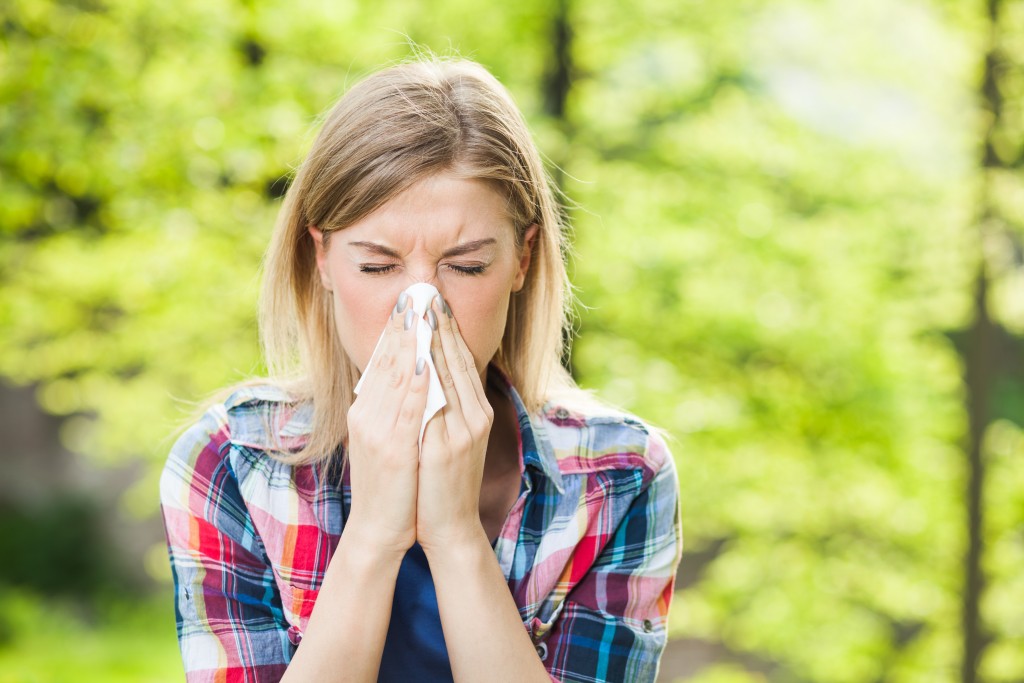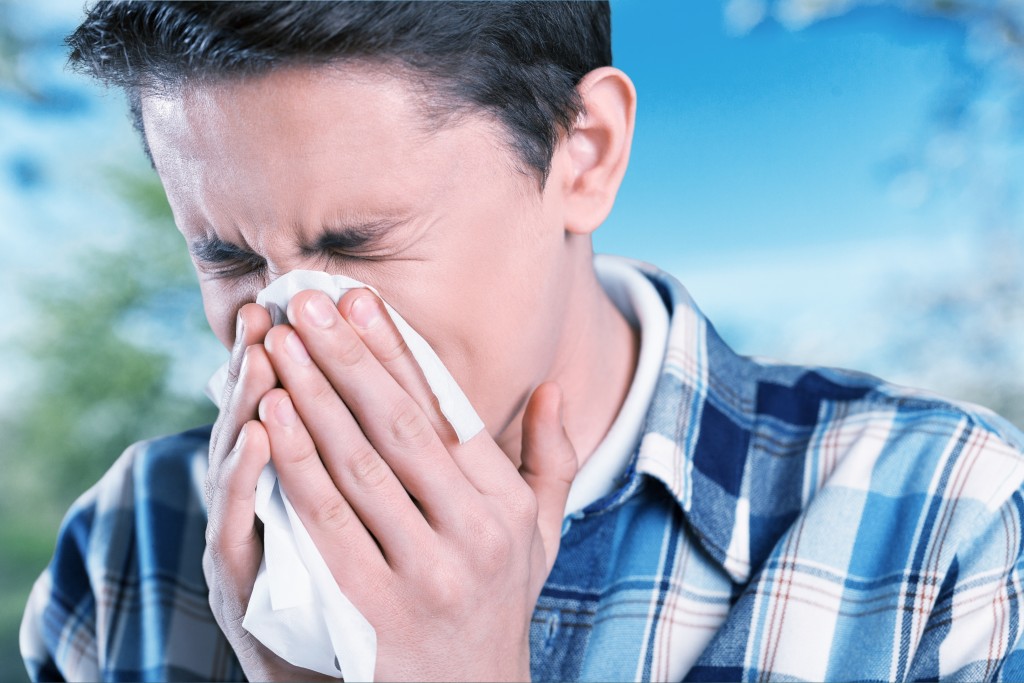No parent likes seeing their kids fall ill. A little cough here, a sniffle there, and we often think of the worst case already. So how can you tell if that cough or sniffle is more something simple or something more serious?
While a pediatric allergy doctor would be in the best position to tell you what your child is suffering from, here are also some questions you can ask yourself before rushing to your trusted physician.
Do they have a fever?
Fevers are normally a sign of an infection, so if they have one, that is most definitely a cold. If their temperature reaches 38 degrees Celsius, but the child is relatively healthy, a little rest will do the trick. You could also give them over the counter medication to combat the fever. The fever should subside or go away entirely after a few hours.
If their temperature remains high despite providing common remedies and it lasts more than a day or two, it’s time to visit the doctor. It could be a sign of something more serious.
Is their nasal discharge thin and watery, or thick and discolored?
A clear, nasal discharge would indicate that it’s allergies, while thick mucus would indicate that it’s more of a cold. Either way, make sure your child is drinking plenty of water. It will help relieve dry mouth (also commonly associated with hay fever or allergies), and if they have a cough, it will help relieve a sore throat and release any mucus in the throat.
You can also give them a steam bath. No tub? No problem. Simply dial up the heat on your shower until steam starts to form. Close the bathroom door, sit on the floor or the toilet and breathe in the air for a few minutes. Don’t stay too long or you run the risk of overheating. This method should help clear out your child’s (even yours!) nasal passages.
How long do their symptoms last?
If it were the common cold, it should go away in about two weeks. Allergies? It could last longer than that, especially if it’s allergy season. Some allergies could even last year-round, particularly if your child is allergic to dust mites or pet dander. Fortunately, there are things you can do to alleviate their allergic symptoms:
- Discard your wall-to-wall carpets, and remove all curtains and drapes in your child’s bedroom. Stick to blinds that you can easily clean.
- If you have pets, teach them to stay out of the child’s bedroom. Or better yet, keep them outside of the house. If your child is a pet lover, look for domesticated dogs and cats that are hypoallergenic. These breeds have less amount of dander than typical dog and cat breeds.
- Reduce the amount of humidity inside the house. Make sure the house is well-ventilated even for just a few hours a day or purchase a dehumidifier.
- Clean your house regularly with a vacuum fitted with a HEPA filter.
- Use mite-proof beddings and pillowcases.
Do allergies run in your family?

If you, your family, your spouse, or your spouse’s family have a history of allergies, then there’s a chance that your child will have it to. Allergies are a genetic condition, and if both parents have them, the chances that your child will inherit the condition also gets higher.
The same goes for other respiratory conditions like asthma; if you have it, the likelier they will get it too. If this is the case, and you’ve lived with asthma and allergies your whole life, you would know how to recognize the signs and symptoms of your child’s illnesses and how to deal with it as it arises.







